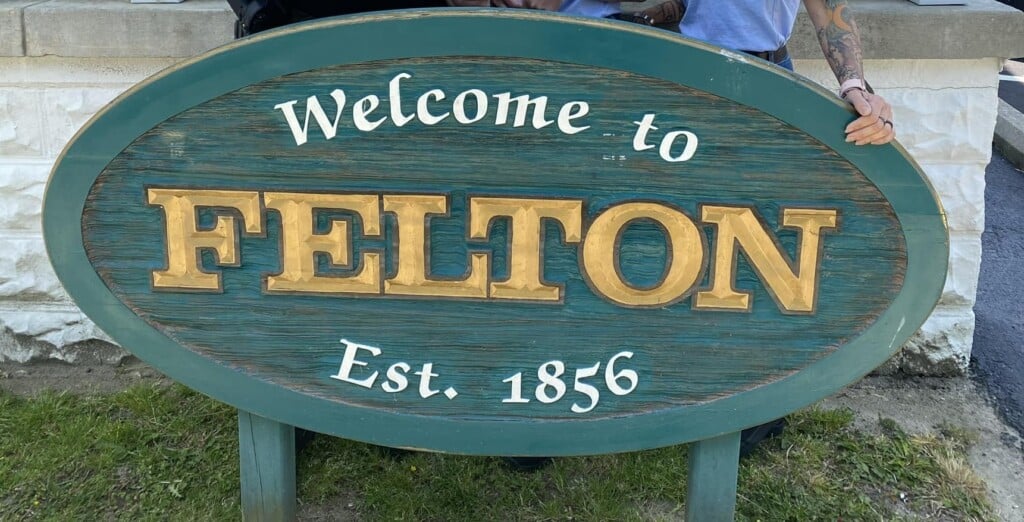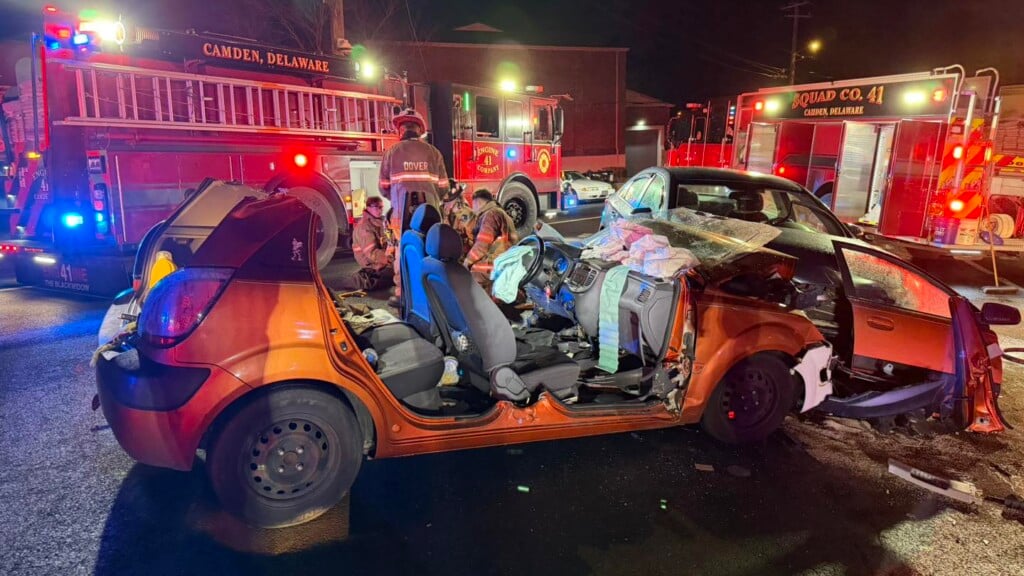Delaware reaches $3.1 billion settlement with Walmart over opioid mishandling
DELAWARE – Walmart must fork over $3.1 billion for their alleged role in contributing to the United State’s opioid crisis.
Tuesday, Delaware Attorney General Kathleen Jennings announced the multistate settlement, slated to require significant improvements on how Walmart’s pharmacies handle opioids. Other Attorneys General on the executive committee, attorneys representing local governments, and Walmart have all agreed on the settlement. It is now being sent to other states for review and approval.
“Delaware has made real progress in the fight against substance use disorder, but families from Claymont to Selbyville are still paying the costs of the opioid epidemic,” wrote Attorney General Jennings in a statement “My office’s mission is to secure accountability for the families of this state: first from the manufacturers and distributors who brought opioids into our communities, and now from the retailers and pharmacies that sold them. This $3.1 billion agreement will change Walmart’s practices, and it will change lives across this country. I’m grateful to the team in our office and our fellow attorneys general who fought tirelessly to secure these resources and to make a change for our neighbors.”
The settlement includes $3.1 billion to be divided by states that sign on, governments, and tribes. The money must be used to provide treatment and recovery services to people struggling with opioid use disorder. Broad, court-ordered requirements to prevent fake prescriptions and flag suspicious prescriptions are also in order under the settlement.
Delaware will take home $11.8 million from the settlement. Attorney General Jennings’ office says the parties are optimistic that the settlement will gain support of the required 43 states by the end of 2022, allowing local governments to join during early 2023. Last month, states confirmed promising negotiations between Walgreens and CVS, says Attorney General Jennings office.
In addition to Delaware, the Attorneys General of North Carolina, Nebraska, Pennsylvania, New York, Ohio, California, Colorado, Connecticut, Illinois, Indiana, Iowa, Louisiana, Massachusetts, Tennessee, and Texas have served as the lead negotiators on this deal.



